🕊️ Parenting for Peace: Raising Children in a World on Fire
When I was around seven years old, I asked my elder brother, Sajjad Akhtar, an innocent question that would shape my life forever.
“Bhai, what is our nationality?”
He smiled and said, “We are Homosapiens.”
Then I asked, “What is our religion?”
And he replied, “Humanity.”
That was it. No speech. No philosophy. Just two words that became the compass of my life—and later, my parenting.
Now, as a father myself and a student of child psychology, I often ask:
What kind of world are we handing over to our children?
And more importantly:
What kind of children are we handing over to the world?
—
🔥 A World on Fire
Our children are growing up in an age where conflict seems endless—wars broadcast in real-time, division seeded online, and fear sold like candy.
How do we raise children in such a world?
Not by shielding them from reality.
But by equipping them with peace.
Because peace is not just the absence of violence.
It’s the presence of compassion, curiosity, justice, and emotional strength.
—
🌱 Peace Begins at Home
Peaceful parenting is the soil from which peace-loving humans grow.
It means:
Listening without judgment
Disciplining without humiliation
Talking about differences without fear
Modeling empathy in everyday moments
When a child watches you pause instead of punish…
When they hear you apologize instead of accuse…
When they see you choose dialogue over dominance…
They learn peace is not weakness. It is power mastered.
—
🧠 What Psychology Says
Research shows children raised in emotionally attuned homes:
Are more resilient under stress
Show less aggression
Develop better conflict resolution skills
Are more inclusive in social thinking
In contrast, when children experience fear, shame, or powerlessness at home, they grow up hungry for control—and the world suffers for it.
—
💬 Practical Ways to Raise Peaceful Kids
Here are a few simple, powerful tools:
1. Normalize Differences
Use books, stories, and conversations to celebrate diversity in race, religion, gender, ability. Avoid “us vs. them” language. Our identity should not be a fence—it should be a window.
2. Answer Big Questions With Honesty
When children ask about war, injustice, or poverty, don’t shut them down. Be gentle, but be real. Equip them with context and compassion, not silence.
3. Teach Conflict Resolution
Help siblings solve disagreements using words, not blame. Model phrases like “How can we solve this?” or “Let’s try to understand each other.”
4. Connect with Nature
A child who connects with the Earth learns respect for life. Nature is the most ancient teacher of balance and peace.
5. Reflect Peace, Not Just Preach It
Children may not follow your advice, but they will mirror your behavior. Be mindful of how you treat waiters, drivers, animals, and especially those who disagree with you.
—
📖 A Story of Inner Peace
Last year, one of my sons came home from school disturbed. A classmate had mocked him over a social issue. He asked, “Why are people so angry at others who are different?”
I paused. I remembered my brother’s words.
We sat in silence for a while, then I said,
“Because they forget we’re all Homosapiens. They forget our religion is humanity.”
He smiled, just like my brother once did.
A circle of peace closed—and another opened.
—
🌍 Final Thoughts: The World Needs What You Are Growing
Raising peaceful children is not a passive act. It’s a revolution in slow motion.
It won’t make the news.
But it may change the world.
So next time your child asks a big question, give a true answer wrapped in kindness. You never know—it might become the root of a future philosophy, a lifelong calling… just like it did for me.
Because peace doesn’t start with policies.
It starts with parents.


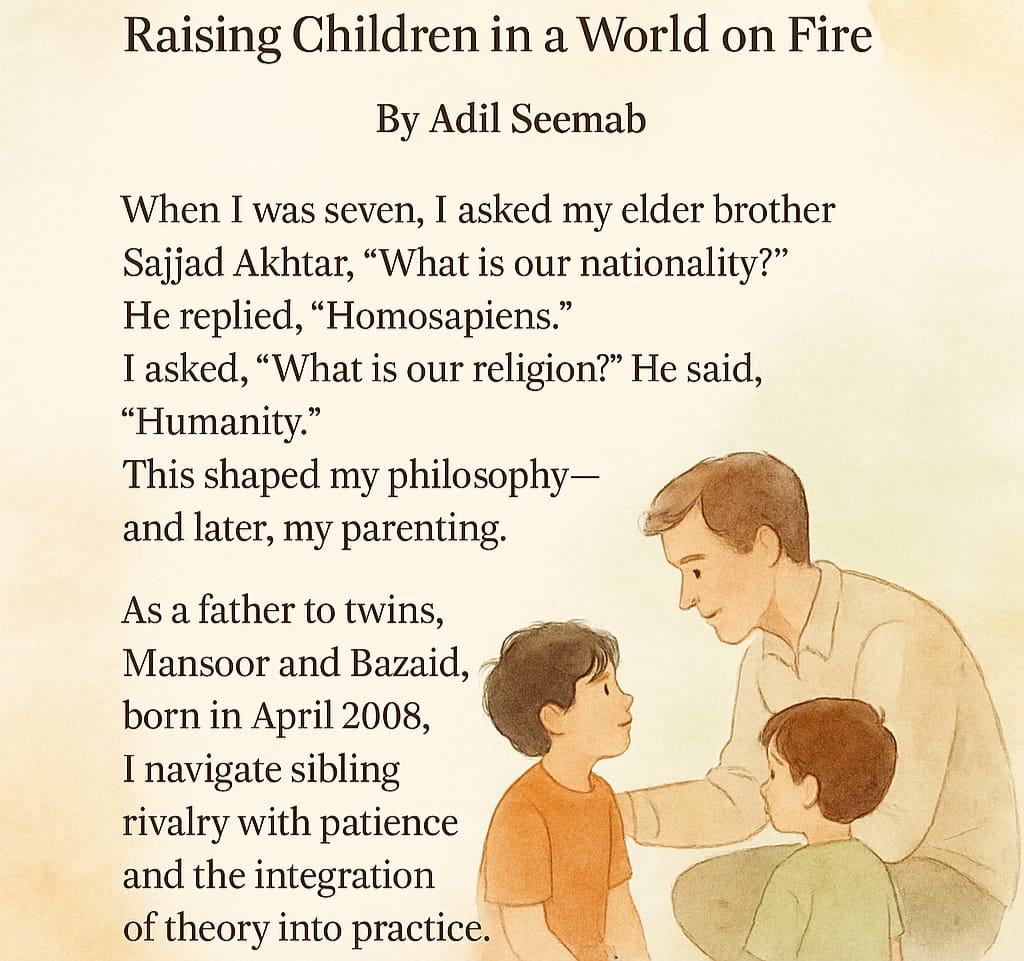


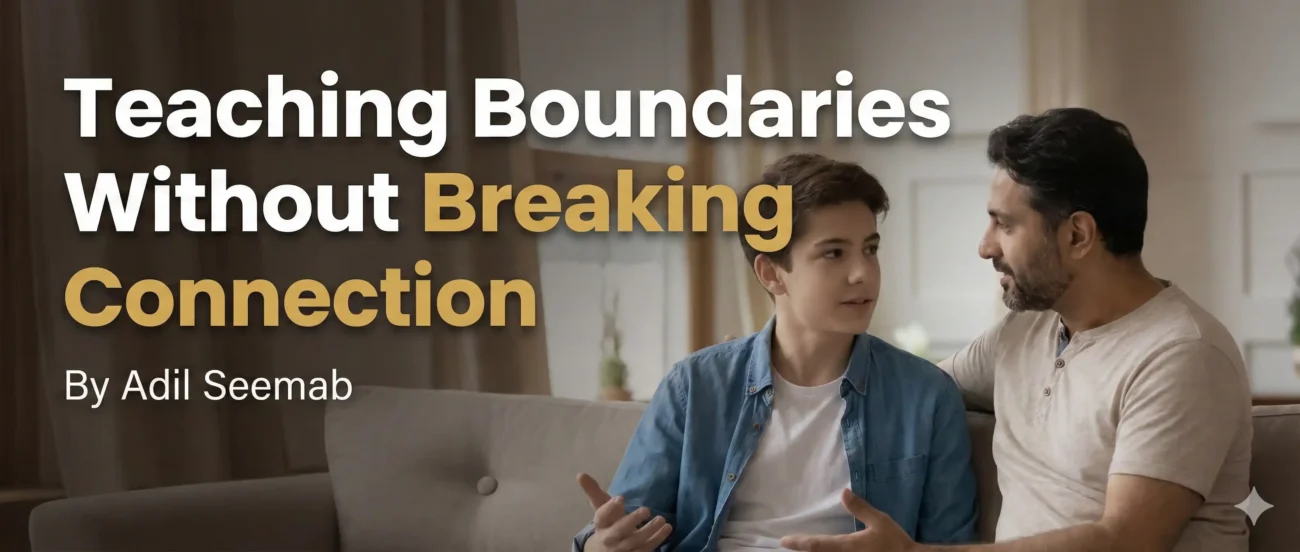
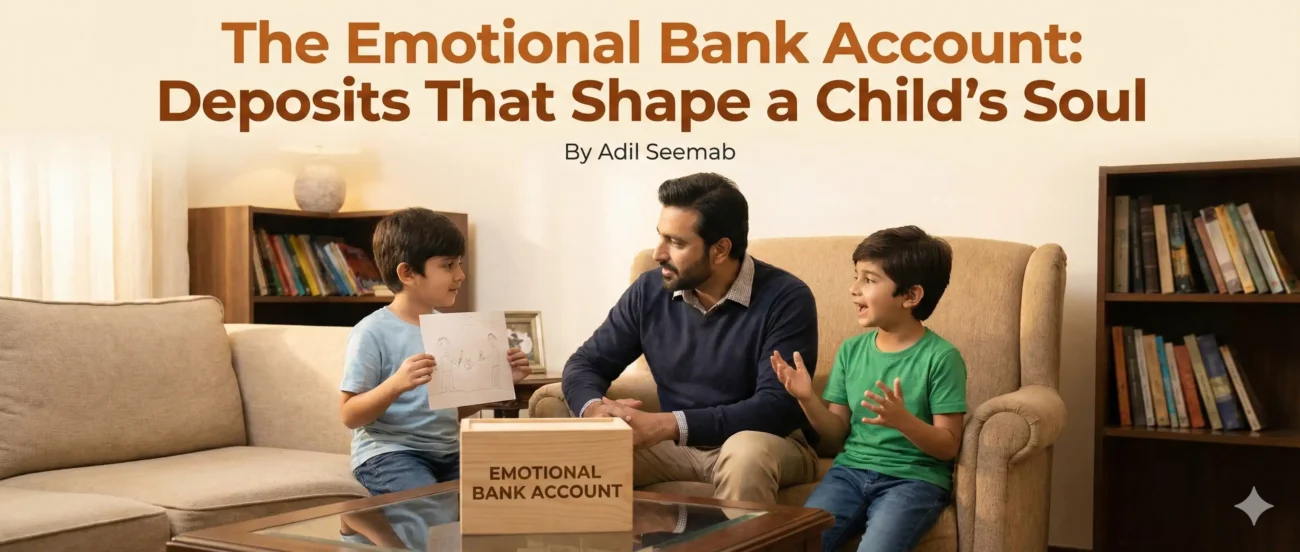
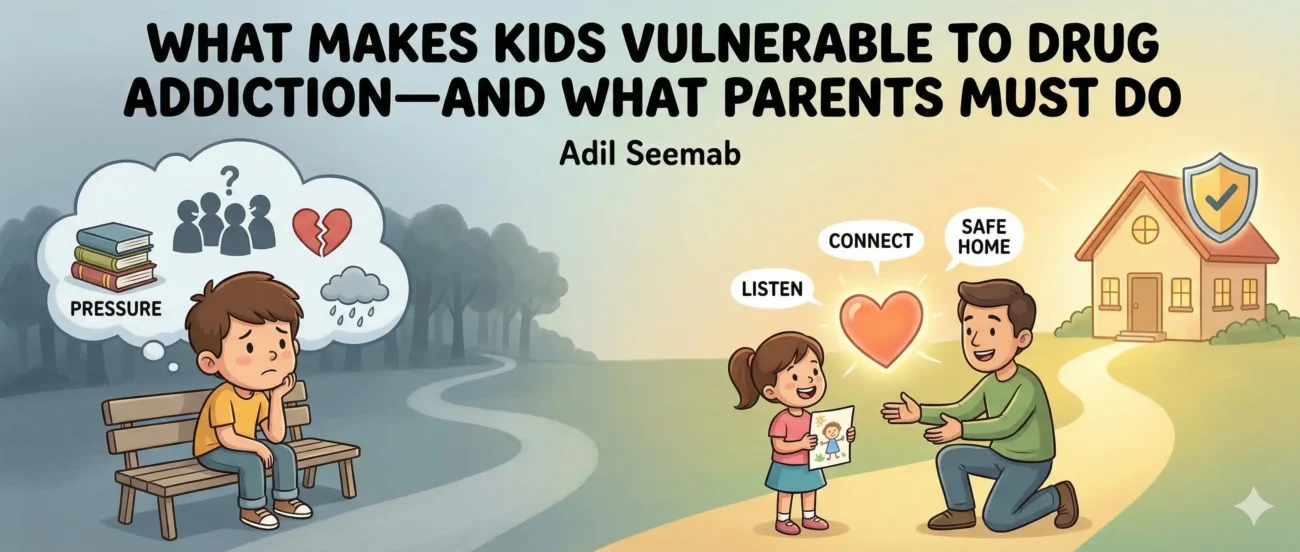
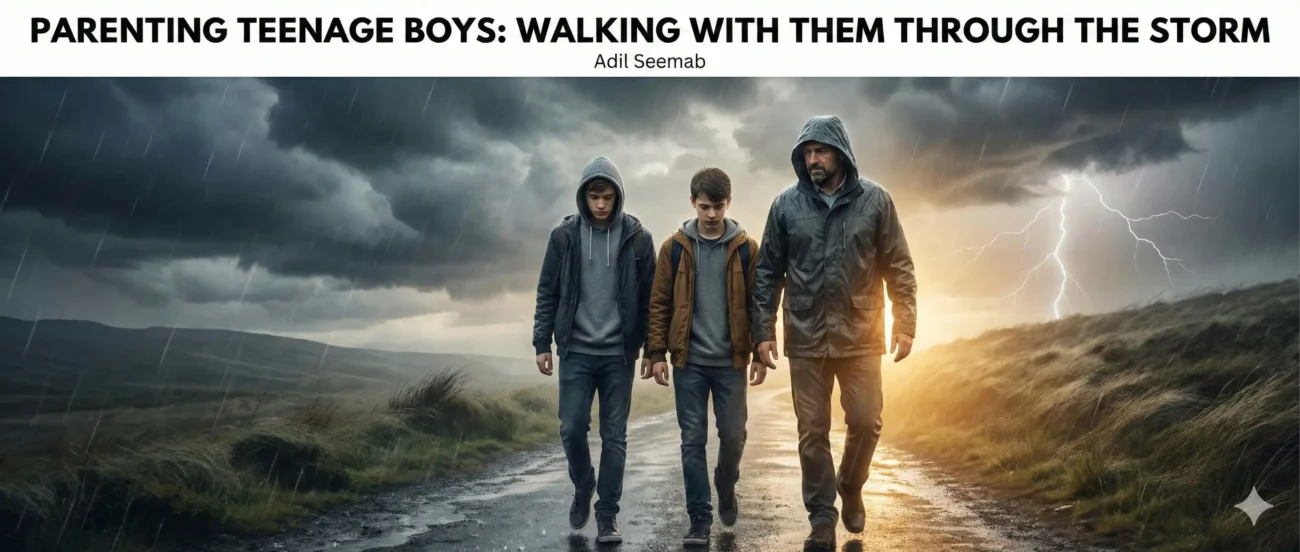
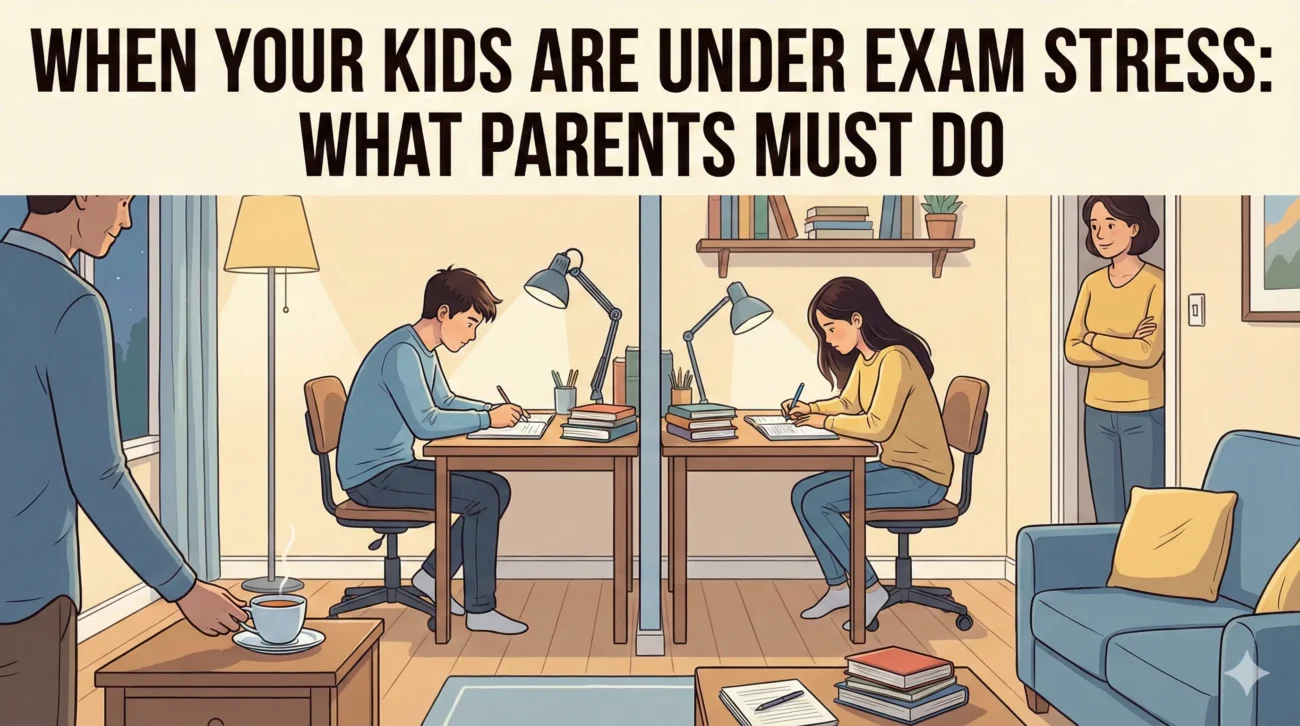
Heads up, folks! If you’re looking to get in, check out this p828login. Hope it helps someone out there.
Yo, freecineapk seems pretty decent for watching movies on the go. The selection is alright, but hey, it’s free! A few buffering issues sometimes but overall, not a bad app. Download it here at freecineapk.
Anyone else been trying out bet558casino? What do you think? I am impressed with their promotions. Check them out for yourself: bet558casino
What’s up? So I saw 556winbet floating around. Nothing groundbreaking, but it seems solid enough for a quick bet or two. Just be smart, you know? Check it out if you wanna gamble a bit: 556winbet